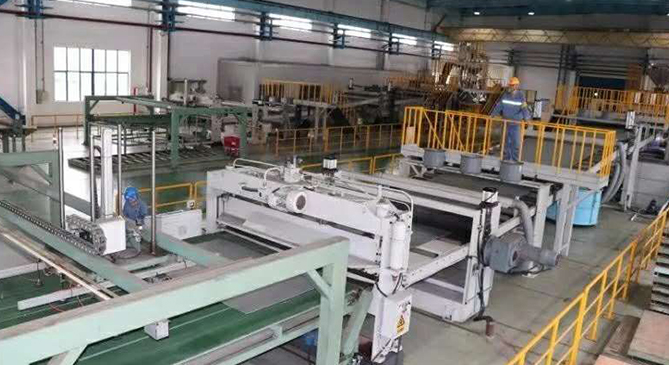Everyone knows that there are steel plates of various materials, such as
weathering steel plates,
marine steel plates,
low alloy high strength steel plates, and so on. The previous article talked about the production of steel plates. Today we are going to talk about the storage of steel plates.
A good steel plate is composed of many factors. The first is the quality of the steel plate, the quality of the steel plate processing, and the storage of the finished steel plate. How to store the steel plate is particularly important. Let us see how to do it.
When storing steel plates, we need to do the following. First, the place where the steel plates are stored or the warehouse should be selected in a clean and tidy area with smooth drainage pipelines to prevent chemical plants that cause harmful substances or smoke. Weeds and any dirt in the soil inside the warehouse should be kept clean.
The warehouse where steel plates are stored should be selected according to geographical conditions. Good warehouse location can make the steel plate ventilate and dry natural environment. Generally speaking, it is a common closed warehouse, that is, a warehouse with a roof, walls, closed doors and windows, and ventilation. The warehouse requires ventilation on sunny days and moisture resistance on rainy days. It is often necessary to maintain an appropriate storage environment to better prevent the erosion of steel plates and steel from natural weather.
Small and medium-sized steel, wire, steel, medium-caliber steel pipes, and steel wire ropes can be stored in well-ventilated sheds, but they must be covered and underlayed. The warehouse can store some small steel pipes, thin steel plates, steel strips, silicon steel sheets, small-diameter or thin-walled steel pipes, various cold-rolled steel plates and cold-drawn steel pipes, and expensive and easily corroded metal products.
The warehouse shall not be stacked with corrosive materials such as acid, alkali, salt and cement on steel plates. Different types of steel plates should be stacked separately to prevent confusion and contact corrosion. Some large sections, rails, steel plates, large-caliber steel pipes, forgings, etc. can be stacked in the open air.
If you don't have a suitable steel plate manufacturer option at present, you may come to AHL STEEL for consultation. AHL STEEL has decades of experience in the industry, welcome to come to consult.
